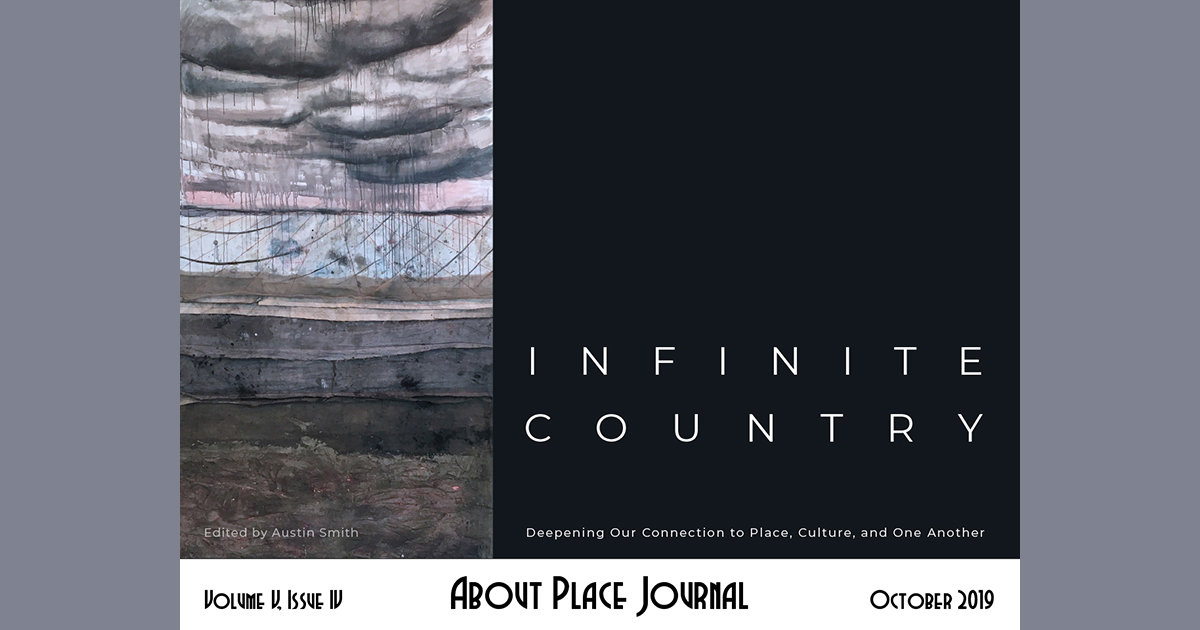

And the review wouldn’t be complete or honest if I didn’t mention the strength of emotion in the desperate longing for home, while also looking forward to new/more, from all the characters. Also, a favorite aspect for me here (and really any other book that has this in it) was the integration of Colombian and Muisca folklore stories into the novel, as parallel and enhancement to the present-day story. It was a very compelling, short sentences flow, to it that was just right for the story and contributed to the expert crafting and pacing and delivery. Other things that I loved included the writing itself.

What authenticity, what emotion, what a message! It also provided a phenomenal building of the story and connections, literarily, throughout…all the way up to the perfectly done ending. These POVs were woven together with such smooth transition and provided SUCH a look at the fault lines of family and home that come with immigration. While the primary “story” revolves around Talia as the axis for the plot – the daughter who exemplifies the love of the country of birth with the hope for the new country and the straddling of both that, once attempted, cannot be undone – we also get short sections of perspective from each of the family members individually, from Perla to Nando, that give profound insight into their different experiences within their realities. The authenticity, the vulnerability and the depth in each of these characters was just so special. I have read epic 500+ pages family sagas that I’ve had much less reader-investment in. I cannot believe the amount of history and life and commentary that Engel packs into these 200 pages. Holy ever-loving goodness, this book was spectacular. And we come into the story with Talia, she is now 15 years old, fighting to escape a (maybe/maybe not warranted) stint in a youth correctional facility and travel across the Colombia to get to the airport in time to make her flight to reunite with her mother and siblings. Once there, they make the decision to overstay their tourist visa, to continue sending money back to Elena’s mother (Perla) in Colombia, and have two more children (Nando and Talia), When Mauro is deported, Elena makes the impossible chooses to send her youngest back to Colombia, knowing that she can return to the US when she’s older. Infinite Country follows Mauro and Elena who meet in Bogotá, Colombia and decide, after the birth of their first child (Karina), to the United States.

Any other would be just as wrong or right.”

“Eventually she’d understand that in matters of migration, even accidental, no option is more moral than anther.


 0 kommentar(er)
0 kommentar(er)
